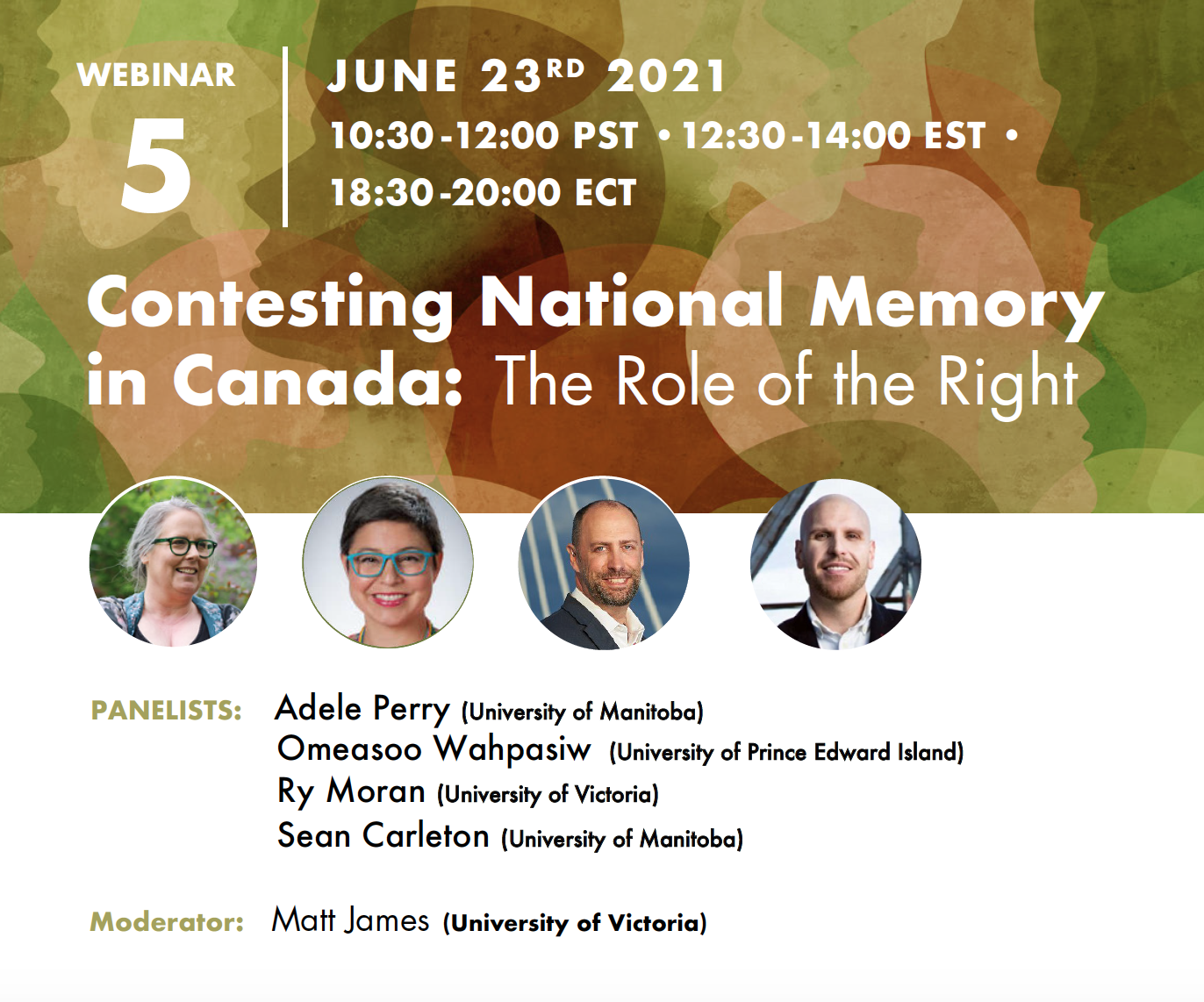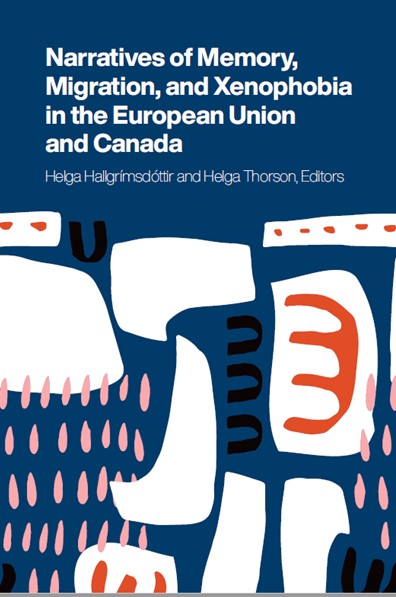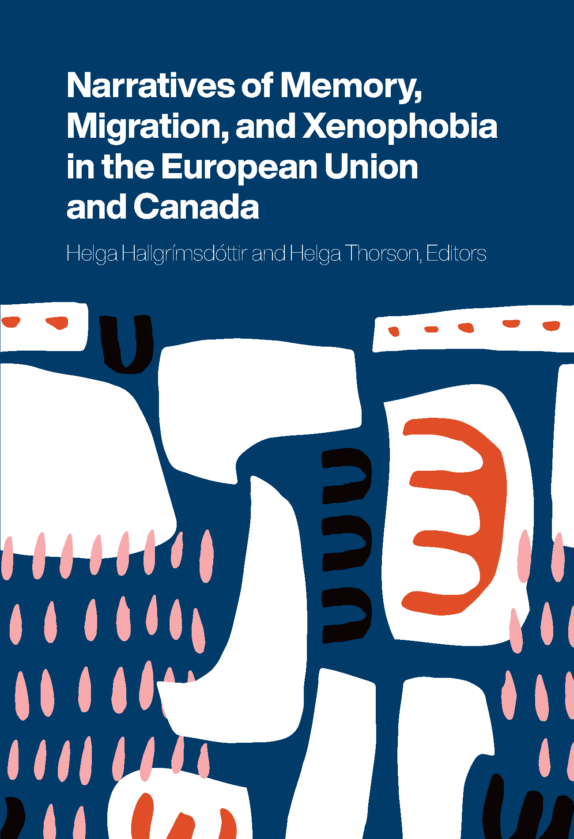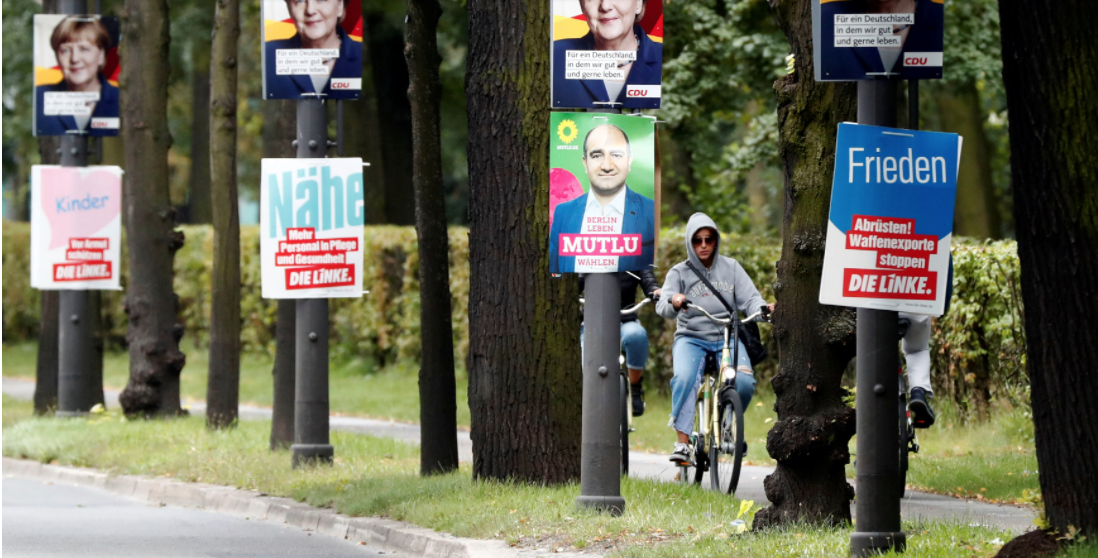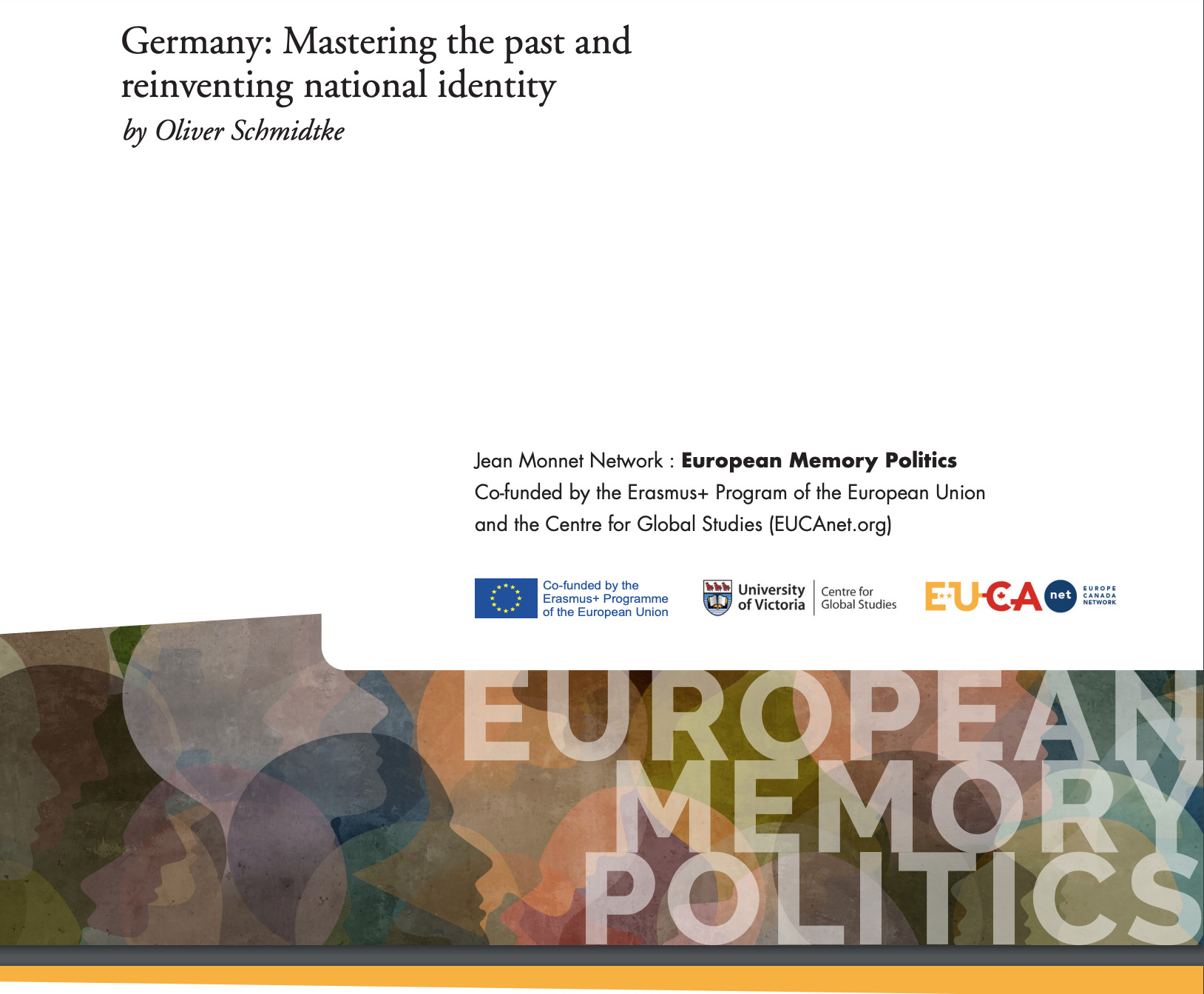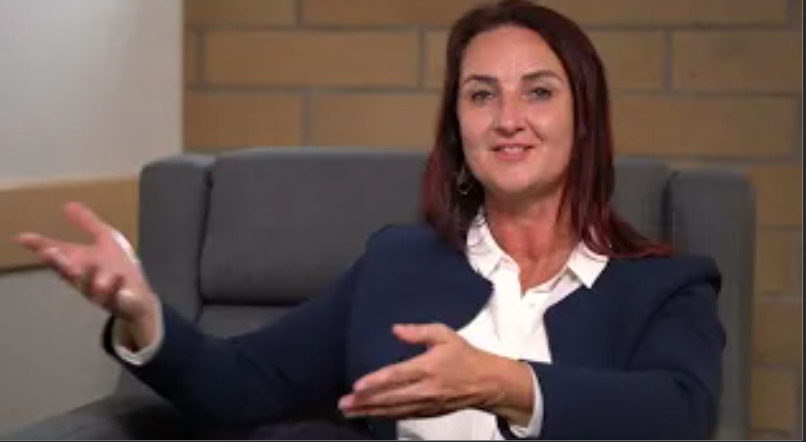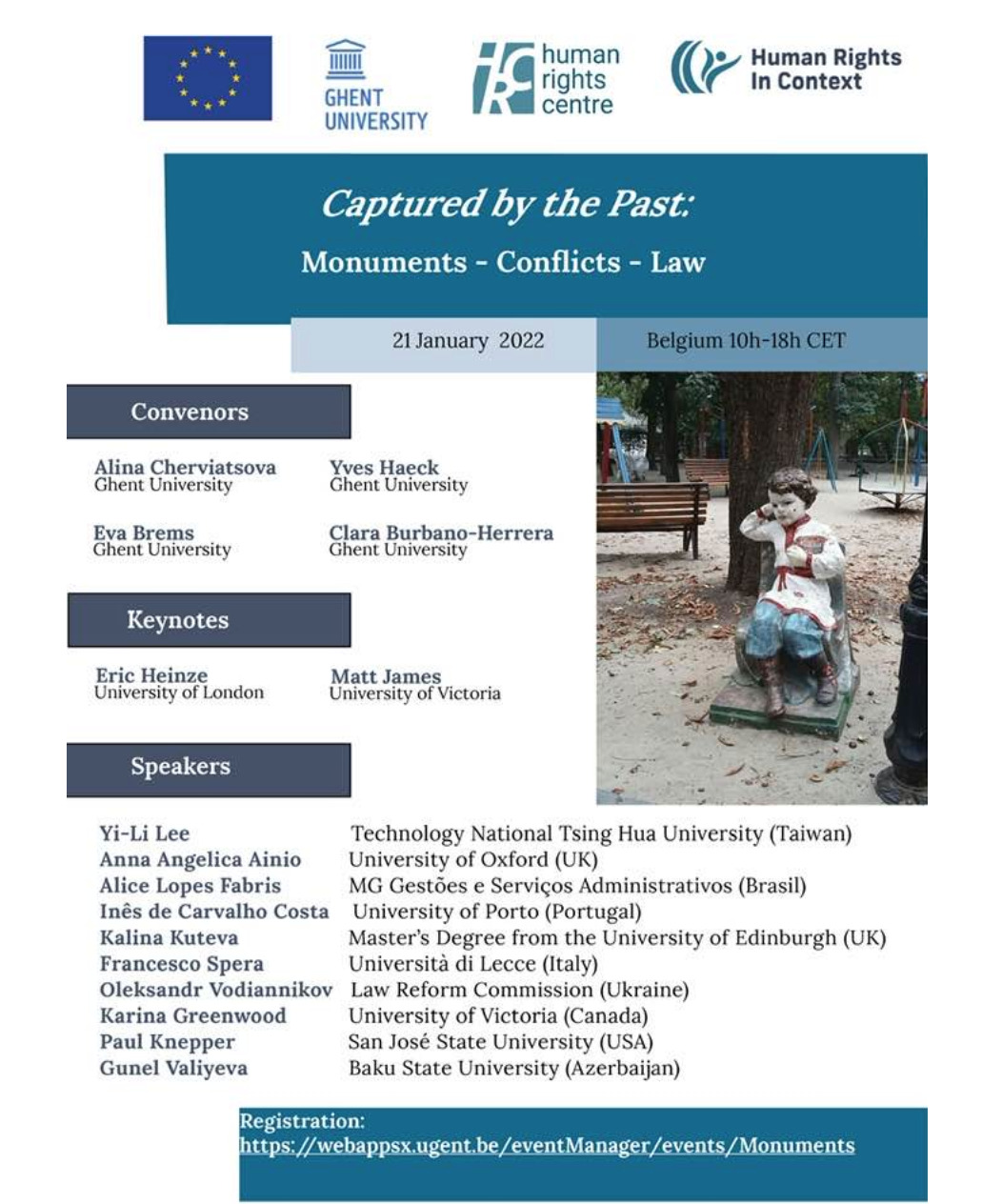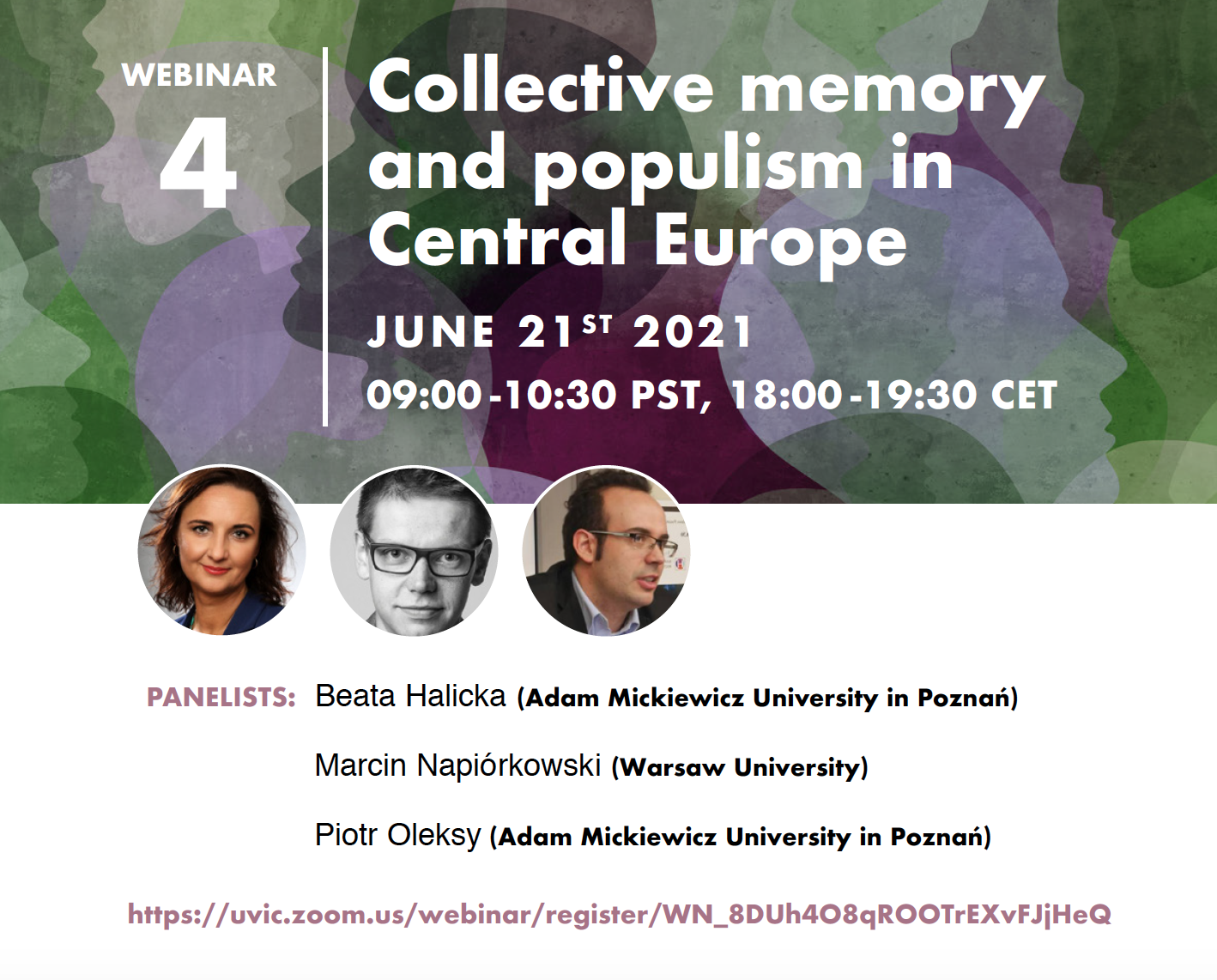Interview with Ambassador James Bindenagel – Past Injustices, Current Realities
Ambassador James Bindenagel is a retired U.S. career diplomat who was appointed by President Bill Clinton in 1999 as Ambassador and Special Envoy for Holocaust Issues. From 2014 to 2019, he served as the founding Henry Kissinger Professor for security and governance at Bonn University, Germany, where he currently teaches strategic foresight as Senior Professor.
In this interview, Ambassador Bindenagel discusses the memory politics of the 20th century, a period that he describes as a “century of conflict.” He raises the central question of how we, as a society, have been able to respond to and commemorate genocides around the world. This has been a continuous challenge, but reconciliation has been one important approach. Reconciliation is significant because it shapes the way individuals remember the past. In this way, museums and memorials play a central role, as they force us to confront and reflect on the past.
He also stresses the importance of day-to-day activities, such as facilitating interfaith dialogues or reconfiguring a country’s education system. In both cases, Germany is a critical example of the success but also the limitations of the reconciliation process. Bindenagel, speaking from his wealth of diplomatic experience, also ties memory politics to developments in contemporary politics and international relations.
This interview is part of the www.MemoryPolitics.ca activities: the project “European and North American Perspectives on Commemorating and Addressing Past Injustices” is co-funded by the Konrad Adenauer Foundation Ottawa and the Jean Monnet Network “European Memory Politics” is co-funded by the Erasmus+ Programme of the European Union. The European Union support for the production of publications does not constitute an endorsement of the contents, which reflect the views only of the authors and cannot be held responsible for any use which may be made of the information contained therein.
